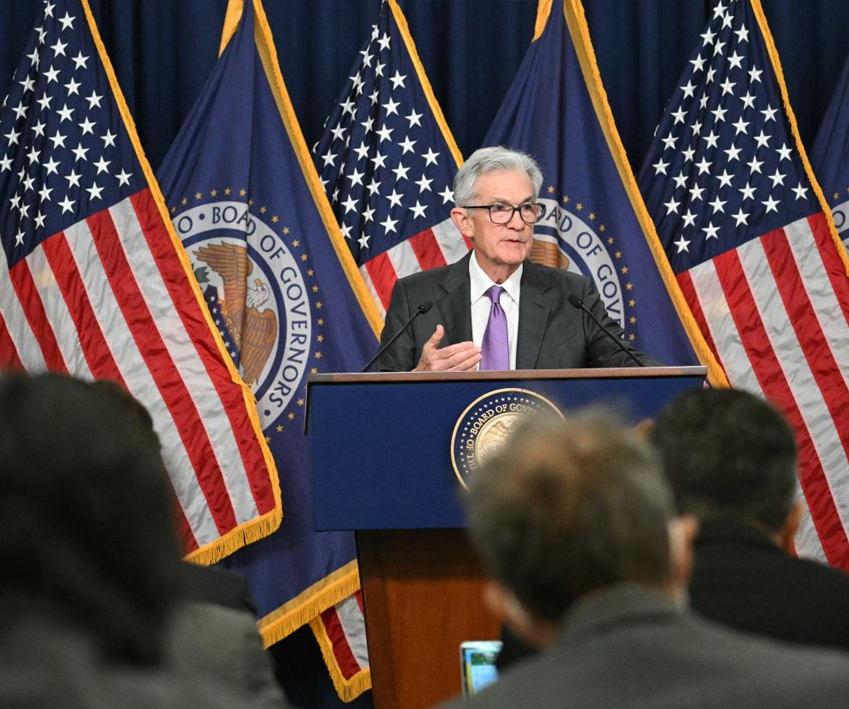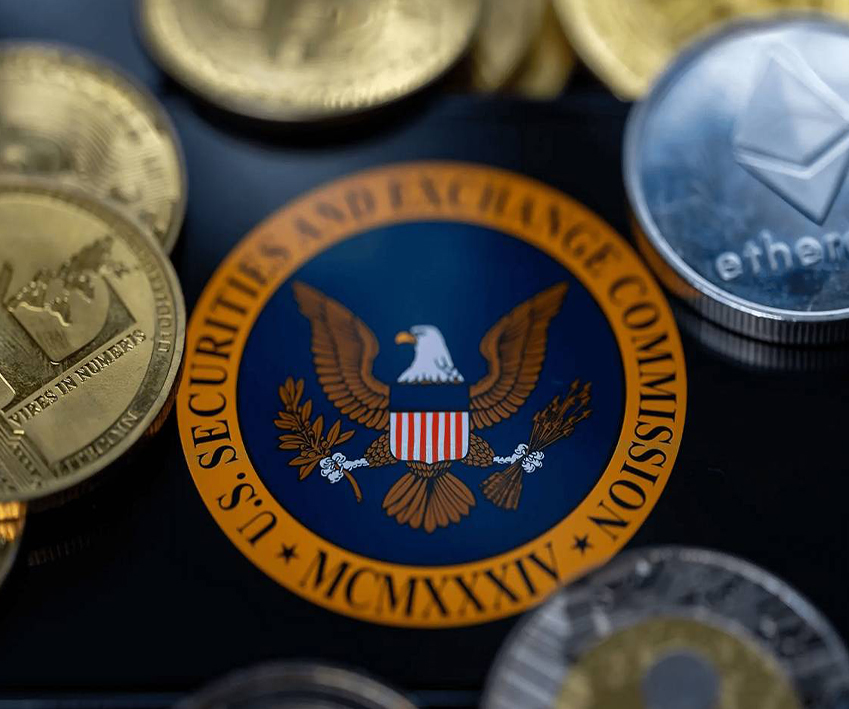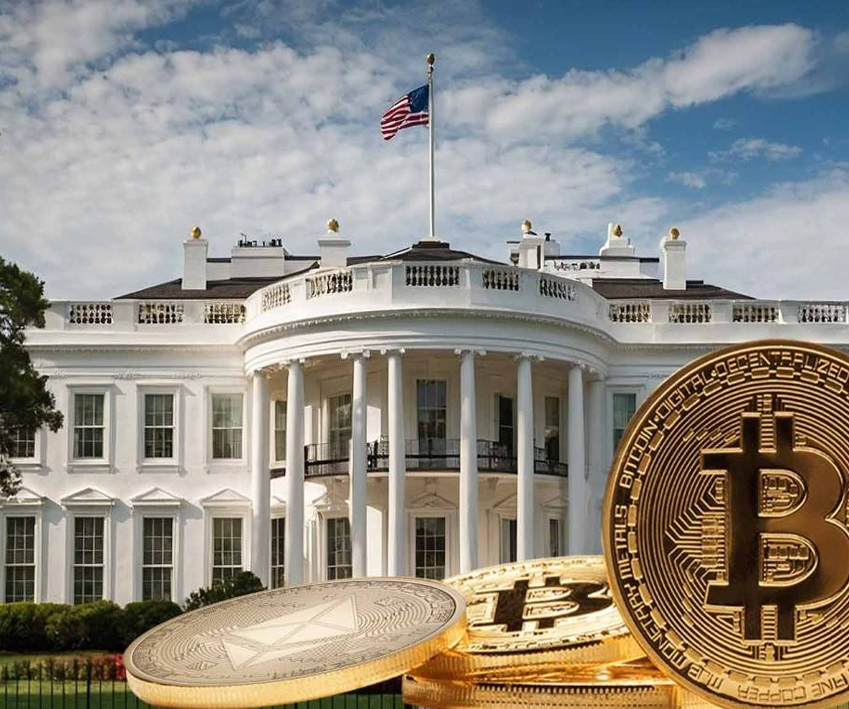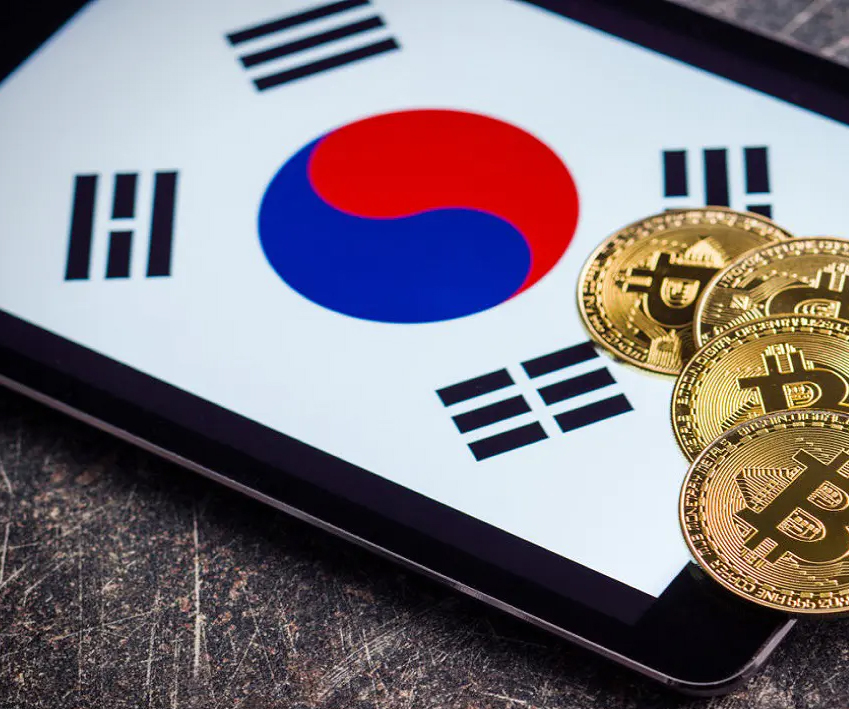
South Korea Tightens Control Over the Cryptocurrency Industry: Exchanges Face Risks
South Korea is intensifying its oversight of the cryptocurrency industry, and this time, foreign exchanges like KuCoin and BitMEX are in the spotlight. The government has identified multiple platforms operating without valid licenses and violating local regulations.
These exchanges have been providing services to South Korean investors—including Korean-language websites, marketing campaigns, and customer support—without complying with current laws. As a result, the government plans to block access and enforce strict measures this year. With increasingly stringent policies, the cryptocurrency industry in South Korea is facing many challenges.
South Korea Tightens Cryptocurrency Regulations
South Korea has long maintained a tough stance on cryptocurrencies, and it is now ramping up efforts to tighten control. The Financial Intelligence Unit (FIU) is working with the Korea Communications Standards Commission to investigate illegal trading activities and protect investors.
Under the Specific Financial Information Act, any exchange that has not registered as a Virtual Asset Service Provider (VASP) will be strictly monitored. The government has sent a clear message: all exchanges operating in South Korea must fully comply with regulations.
Exchanges Facing Potential Sanctions
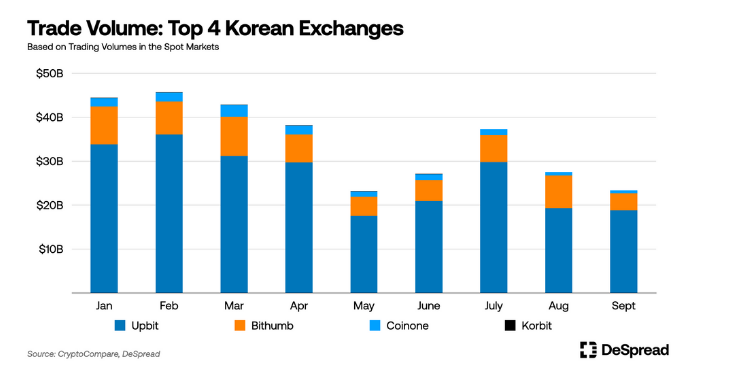
Major exchanges like KuCoin, BitMEX, CoinW, Bitunix, and KCEX are currently at risk of being penalized. Authorities have been discussing potential sanctions with relevant agencies. This move comes after South Korea refused to recognize Bitcoin as a strategic reserve asset due to its high volatility.
At the same time, the Bank of Korea is launching a three-month trial for its central bank digital currency (CBDC), starting in April.
Domestic Exchanges Also Under Scrutiny
Not only are international platforms being targeted, but domestic exchanges are also under investigation. Recently, prosecutors raided Bithumb over allegations that former CEO Kim Dae-sik misused company funds to purchase personal real estate. Bithumb has denied any wrongdoing, stating that Kim borrowed the money to pay off debts.
Additionally, reports have surfaced that intermediaries received millions of dollars to help cryptocurrency projects get listed on major exchanges like Bithumb and Upbit. In response, Upbit has demanded transparency, requesting a complete list of projects involved in these transactions.
Implications for Investors & the Market
While strict regulations can protect investors and reduce fraud, excessive control may drive businesses and investors to seek opportunities in other markets. As countries compete to attract crypto innovation, South Korea’s stringent stance could push companies out of the country.
Striking a balance between regulation and growth will be a key factor in determining the future of South Korea’s cryptocurrency industry.
* Sign up for Binance to trade: Here
* Telegram: 3aW Crypto











